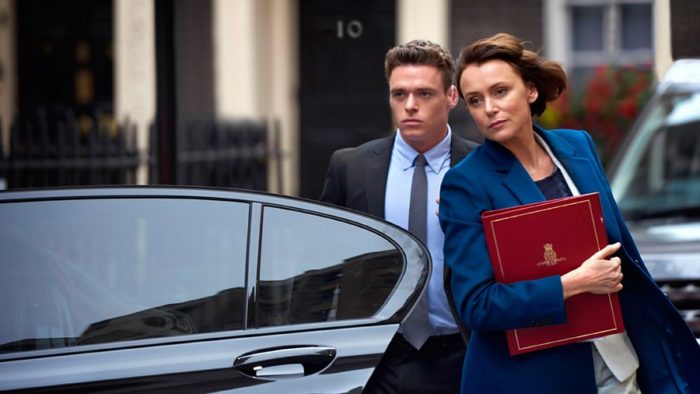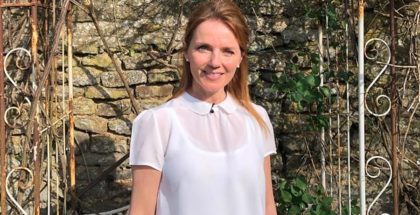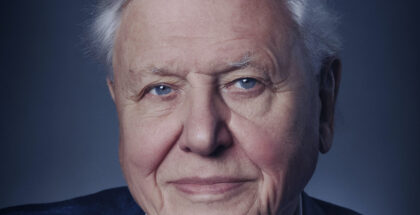2019 annual report: BBC “holding its own against streaming giants”
David Farnor | On 05, Jul 2019
The BBC is “holding [its] own against the big streaming giants”, its annual report for 2019 has declared.
The report, published this week, summarises the past 12 months for the corporation, from star wages and viewing figures to efficiency targets.
91 per cent of the UK adult population use BBC services at least once a week, says the report, which highlights the success of such programmes as Bodyguard and Killing Eve. Both have been record breakers in their own right. The finale of Bodyguard was watched by 17.1 million people, making it the most watched episode of any drama series since current records began in 2002. The first series of Killing Eve was a hit with younger audiences and was requested 42.5 million times on BBC iPlayer. The landmark series Dynasties, another success, was watched by 7.5 million viewers each episode on average. Major events such as sport were also big performers: 44.5 million watched the FIFA World Cup Coverage across BBC TV.
But the Beeb’s strength is in the face of a dramatically shifting landscape, and an increasingly competitive marketplace. It has to be popular and highly regarded, prominent and dominant, present both online and on linear TV, and also weather political and financial criticism at every turn. Indeed, the government recently gave the responsibility of free TV Licences for over-75s to the corporation, despite the BBC having to cut costs to meet government requirements – a combination that saw the Beeb decide, after consultation, to restrict free TV Licences for over-75s to those most in financial need, a move that has seen the corporation criticised for a political and social issue not of its own making.
The Beeb’s strong performance also comes as the BBC is seeing income potentially decrease, as audiences look to services such as Netflix and YouTube without paying a TV Licence. The biggest linear TV drop comes in audiences aged between 16-34 who watch BBC TV weekly, down from 60 per cent to 56 per cent. The same age group is also watching for a shorter period of time, down from an average of nearly three hours a week to two-and-a-half hours. The revenue from the annual licence fee, meanwhile, has dropped from £3.83bn to £3.69bn.
BBC iPlayer, though, is proving a vital stepping stone for the BBC into the online age: the streaming platform racked up 3.6 billion programme requests in 2018, up 10 per cent on the previous year, while 17 million people now sign in to their BBC account monthly, thanks to the Beeb’s growing online presence. It its no wonder, then, that the BBC is looking to expand its iPlayer catch-up window to 12 months – a process it has already begun for some titles, but has had to halt until Ofcom gives it official approval. The Beeb is also looking to partner with ITV for new subscription service Britbox, although talks are still ongoing with no final agreement in place at present. With Ofcom provisionally approving the iPlayer catch-up extension, however, whether Britbox works or not, the BBC may yet hold its own for many years to come.




















